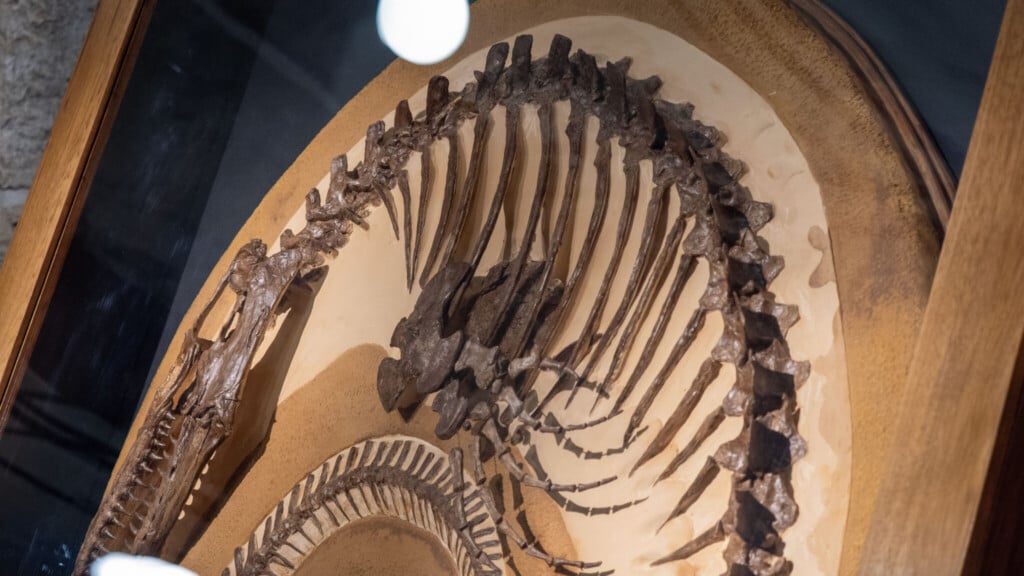Let’s take a trip down memory lane to 2011, when Kansas was preparing to embark on its current budget disaster

Back in 2011, Kansas found itself in a situation not unlike other states. The Kansas economy tiptoed out of the throes of a miserable recession, trying to find its bearings in a new economic reality.
Fast-forward to today, and Kansas finds itself in a situation decidedly unlike many (but certainly not all) other states. While neighboring states continue to make incremental economic improvements, Kansas is mired in a historic, legislative morass.
Income tax cuts enacted in 2012 have clobbered the state’s budget, resulting in a $400 million shortfall that has the Republican-dominated legislature working overtime to figure out which tax increases are palatable enough to cover that massive, self-inflicted gap.
To understand how Kansas got to where it is today, it’s helpful to look back at what policymakers were thinking, or perhaps not thinking, when Kansas prepared to embark on the “March to Zero” income taxes.
One glowing example comes by the way of a column written in 2011 by former Pitch managing editor David Martin, who interviewed then-Kansas budget director Steve Anderson.
As the budget director, Anderson was a crucial cog to state government. It was his job to mind the state’s financial store and analyze whatever schemes lawmakers were coming up with and report back to them about whether those ideas were good or bad.
Prior to becoming budget director under Gov. Sam Brownback, Anderson worked for Americans For Prosperity, an arm of Wichita’s Koch Industries, a conglomerate owned by a pair of $50 billion men who finance conservative political causes.
With that background, Brownback had his man as a budget director. Anderson would reliably carry the water for a state budget that envisioned no income taxes on hundreds of thousands of companies across the state. While working at AFP, Anderson implored the legislature to cut income taxes, reduce Medicaid spending and adopt a voucher program for private schools.
In 2011, Brownback was laying the groundwork for a tax plan that would lower or eliminate income tax rates. The thinking was that a favorable tax structure would lead to a well-beaten path of businessmen escaping oppressive tax climates in other states to the income tax-free utopia of Kansas.
Martin that year contacted Anderson to ask about a couple of studies done at leading universities that downplayed the correlation of taxes and migration patterns.
“Be careful when these theoretical guys, who haven’t been in the real world, start splitting hairs based on statistical databases,” Anderson warned, adding that he thought college professors face no recriminations from publishing faulty data.
He went on: “My clients don’t pay me to take wild guesses. Which is why I’ve always thought that college professors that have never practiced should get out and practice awhile. They might be surprised what they’d learn in reality. Things are much different when you get off the college campus.”
Anderson is no longer Brownback’s budget director. In addition to not caring for what stodgy college professors have to say, Anderson wasn’t much of a details kind of guy. He resigned in 2013, not long after he took responsibility for a $2 billion math error in financial spreadsheets that Brownback used to shop the idea that he was cutting government spending when he wasn’t.
But his dismissive attitude about education still permeates around Topeka. Jim Ward, a House Democrat from Wichita, predicted Tuesday morning that legislators would end the session without a tax plan, leaving it up to Brownback to make education cuts to square the budget.




